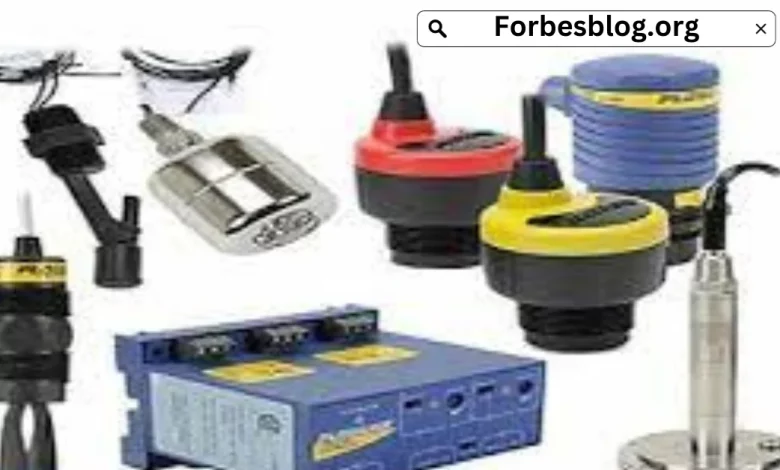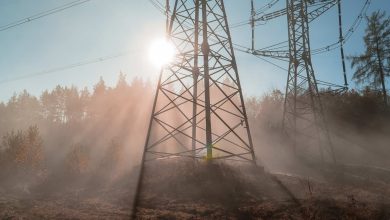Types of Industrial Level Sensors

An industrial-level sensor is designed for use in industrial settings, such as factories, power plants, and other large-scale industrial facilities. These sensors are made to be durable, reliable, and able to withstand the demanding conditions found in such environments.
Industrial-level sensors are used with control and automation systems, allowing them to communicate with other devices and provide real-time data and feedback. They can also be connected to computer networks and other communication systems, allowing for remote monitoring and control.
Table of Contents
3 Main Types of Industrial-Level Sensors
There are several different types of industrial-level sensors, but the three major ones include:
Ultrasonic level sensors
Ultrasonic level sensors use ultrasonic waves to measure the level of a liquid or other substance. They work by emitting an ultrasonic pulse, which travels through substances and reflects off the surface to the sensor. The sensor can determine the distance by measuring the time the pulse travels to the surface and back.
These level sensors have several advantages over other types of level sensors, including:
- They are non-contact, meaning they do not physically touch the measured substance, making them suitable for use with hazardous or corrosive materials.
- They are relatively simple and inexpensive to manufacture.
- They can measure the level of a wide range of substances, including liquids, granular materials, and powders.
Ultrasonic-level sensors are used in various applications, including industrial process control, environmental monitoring, and agriculture. They can measure the level of substances in tanks, reservoirs, and other containers. Additionally, they can be connected to control systems and other devices for monitoring and control purposes.
Float switch sensor
A float switch sensor uses a float, or buoyant device, to detect the level of a liquid or other substance. The float is attached to a switch, which activates when the float rises or falls to a certain level.
The sensors are common in multiple applications, including water tanks, sump pumps, and sewage systems. In these applications, the float switch sensor can detect the liquid level and activate a pump or other device when the level reaches a certain point.
A float switch sensor is often used in industrial settings because it is:
- Relatively simple and reliable,
- Can withstand the demanding conditions found in harsh environments,
- A good water level sensor: widely used in consumer products, such as washing machines and water heaters, to detect the water level and shut off the device when it gets too high.
Float switch sensors are easy to install and maintain and can be connected to other devices and systems, such as control panels and computer networks, for monitoring and control purposes.
Capacitance level sensors
Capacitance level sensors are sensors that use the principle of capacitance to measure the level of a substance. Capacitance is the capability of a device to store an electrical charge based on the distance between two conducting plates.
When one of the plates is immersed in a substance, the substance can affect the device’s capacitance. By measuring the capacitance, the sensor can determine the substance’s level.
Capacitance level sensor are types of commercially used water level sensors. Their level sensor are non-contact, meaning they do not physically touch the measured substance. The edge offered with these sensors include:
- Relatively simple and inexpensive to manufacture,
- Measure the level of a wide range of substances, including liquids, granular materials, and powders,
- It’s used in applications where it is not practical or desirable to have a sensor come into direct contact with the substance, such as with hazardous or corrosive materials,
- It’s used in several applications, including industrial process control, environmental monitoring, and agriculture,
- It can be connected to control systems and other devices for monitoring and control purposes.
In summary, industrial-level sensor are specialized sensors designed to be used in demanding industrial environments. They measure multiple parameters and provide feedback to operators and control systems.
VIsit more Article : forbesblog.org




